Latest
Turkey’s saga continues as Erdogan refuses to rule out death penalty
Published
10 years agoon
By
Olu Emmanuel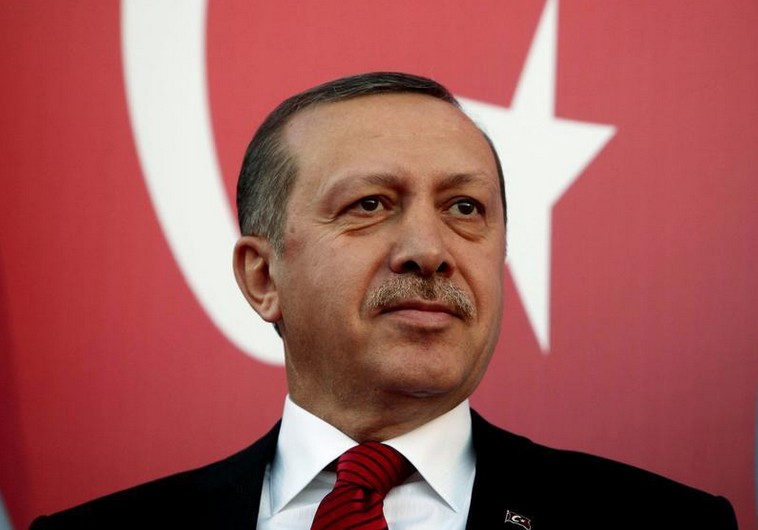
Speaking through his translator, Turkish President Recep Tayyip Erdogan called the failed military coup a “clear crime of treason.”
The Turkish people have made it clear they want death for the “terrorists” who plotted the coup, Erdogan said in his first interview since the July 15 attempt.
“The people now have the idea, after so many terrorist incidents, that these terrorists should be killed, that’s where they are, they don’t see any other outcome to it,” he said.
“Why should I keep them and feed them in prisons, for years to come? That’s what the people say,” he said. “They want a swift end to it, because people lost relatives, lost neighbours, lost children … they’re suffering, so the people are very sensitive and we have to act very sensibly and sensitively.”
A total of 8,777 officers from the Turkish Ministry of Interior have so far been removed from office, according to the state-run Anadolu news agency.
Among the arrested are 103 generals and admirals, a third of the general-rank command of the Turkish military.
As tanks rolled through the streets of the capital, Ankara, and Istanbul, Erdogan said he addressed the nation via FaceTime because the national TV broadcast was not reaching people’s televisions.
While speaking he urged people to stand up to the military faction behind the uprising.
“Go to the streets and give them their answer.”
He added that he has “no issues” when it comes to a free press. But, if there are media outlets that sided with and supported the plotters of the attempted coup, the justice system would need to take steps, he said.
With arrests made in Turkey and eight soldiers who fled to Greece awaiting extradition, Erdogan addressed the status of Turkish cleric Fethullah Gulen, who is in self-imposed exile in the United States.
Erdogan has previously blamed Gulen for the attempted coup, a claim that Gulen has denied.
A formal written request for the extradition of Gulen will be submitted within days, Erdogan said.
When asked what he would do if the United States refused to extradite Gulen, he said “we have a mutual agreement of extradition of criminals.”
“So now you ask someone to be extradited, you’re my strategic partner, I do obey, I do abide by that, but you don’t do the same thing — well, of course, there should be reciprocity in the types of things,” the President continued.
You may like
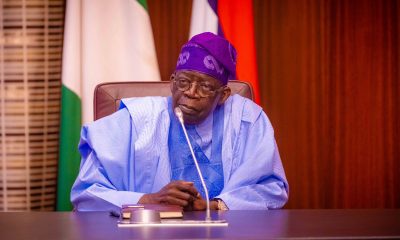

FG reacts to coup rumour
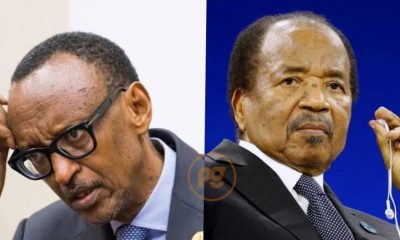

Kigame, Biya reshuffle countries’ military chiefs amidst coup scare


Things to know about Gabon
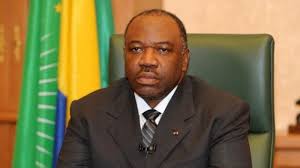

Gabonese Army Officers Oust Bongo, Declare Seizure of Power
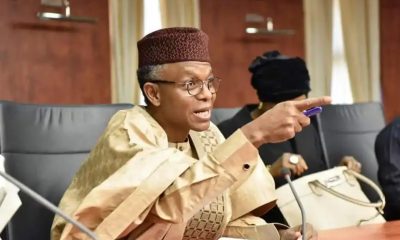

Niger Coup: Why ECOWAS must stop beating the drums of war — El-Rufai
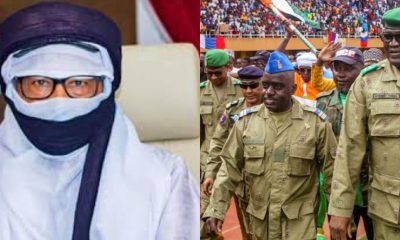

Ex-rebel leader Boula forms resistance group against Niger coupists
Trending

 Entertainment5 days ago
Entertainment5 days agoSimi addresses resurfaced 2012 tweets amid online backlash

 Health7 days ago
Health7 days agoSCFN, LUTH introduce bone marrow transplants as curative treatment for sickle cell

 Health4 days ago
Health4 days agoDeclassified CIA memo explored concealing mind-control drugs in vaccines

 Football1 week ago
Football1 week agoHarry Kane nets brace as Bayern edge Frankfurt 3–2 to go nine points clear

 Football7 days ago
Football7 days agoLate Flemming header stuns Chelsea as Burnley snatch 1–1 draw at Stamford Bridge

 Crime4 days ago
Crime4 days agoSenior police officers faces retirement after Disu’s appointment as acting IGP

 Education6 days ago
Education6 days agoPeter Obi urges JAMB to address registration challenges ahead of exams

 Crime1 week ago
Crime1 week agoTwo killed, seven injured in early-morning shooting in Richmond’s Shockoe Bottom

